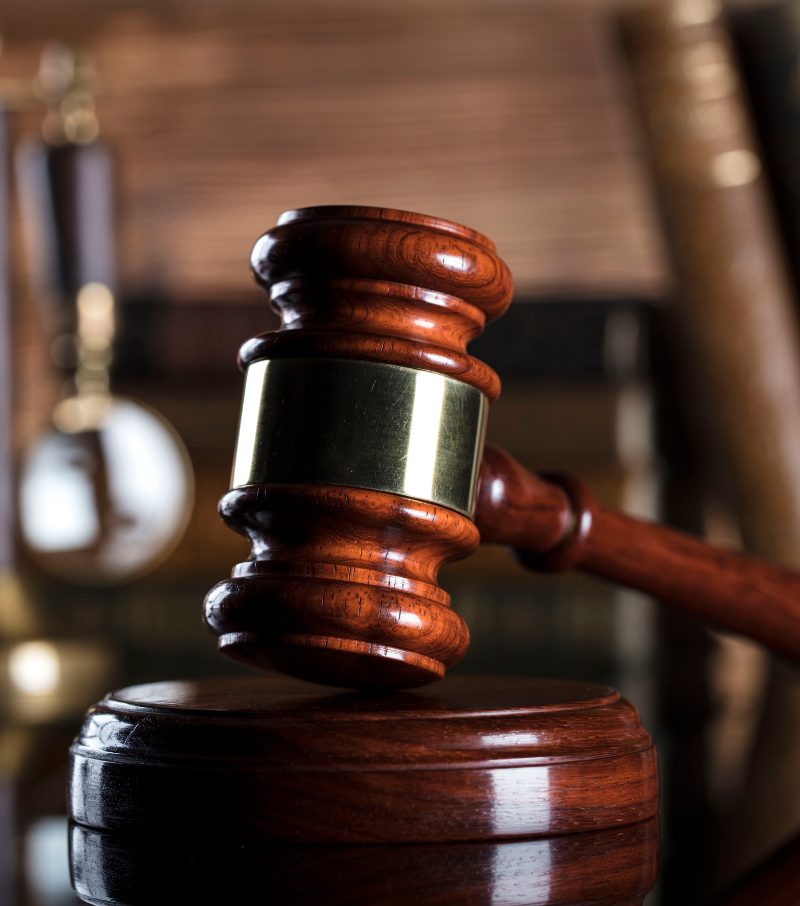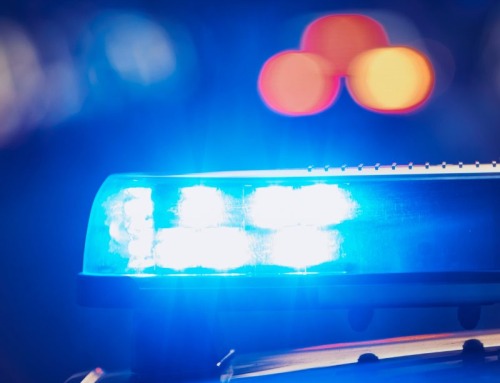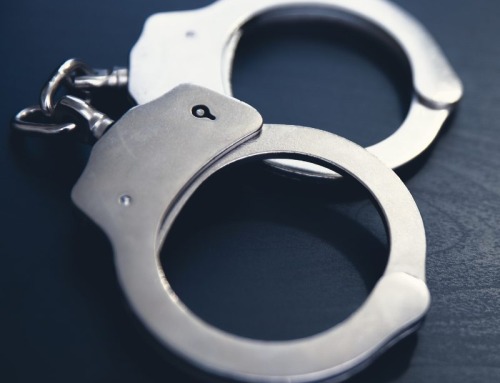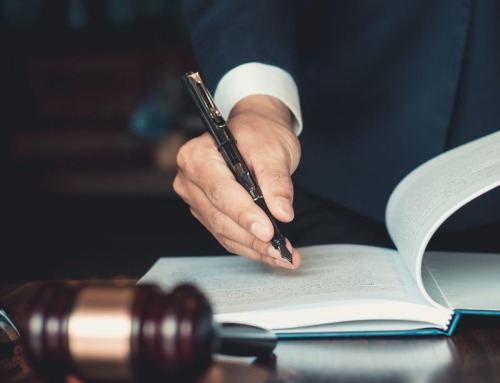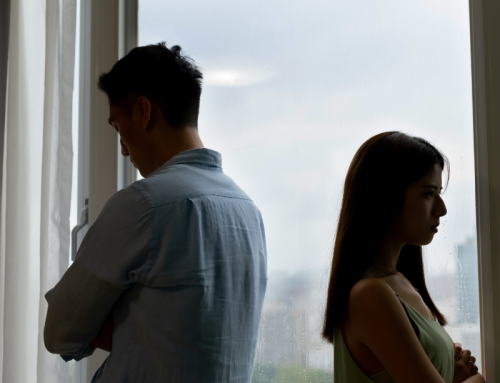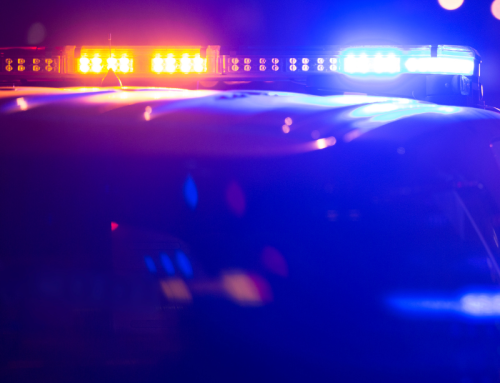The Federal and NSW Governments enacted tough new laws as a reaction to the increasing antisemitic attacks in early 2025. This document explains their operation and includes descriptions of both their subject matter and their limitations.
Why Now?
The quick legislative response followed Nazi symbol graffiti on synagogues and homes in Sydney during a period of rising hate-related incidents. The NSW Premier, Chris Minns, claimed the laws were essential for social cohesion protection, but critics argued they were developed too quickly and with excessive breadth.
The Federal Law: Stronger, Broader, Tougher
The Criminal Code Amendment (Hate Crimes) Act 2025 (Cth) introduces new legal standards and protections.
- More protected groups: The new law includes protections for race and religion and extends to sex, gender identity, sexual orientation, intersex status, and disability, among others.
- Lower bar for conviction: The law now holds people accountable for reckless behaviour that might lead to violence, regardless of intent.
- New offences:
- The law prohibits any threats or advocacy of violence against particular groups or individuals.
- The law now includes destruction of property that is linked to group identity, such as places of worship.
- The law now defines acts of graffiti or vandalism as expressions of hate.
- Tougher penalties:
- Up to 7 years in prison
- Offenders who display Nazi symbols may face a mandatory minimum jail term of 12 months under proposed laws; however, this provision has not been included in the current NSW legislation.
NSW’s Laws: Zero Tolerance Around Places of Worship
In February 2025, the New South Wales (NSW) Government introduced targeted legislative changes to protect religious communities and their sites.
- Interference with worship: It is now an offence to intimidate or block access to places of worship.
- Graffiti near religious sites: Offenders who spray hate-based graffiti near synagogues, mosques, or religious schools may face up to 2 years imprisonment.
- Inciting public hatred: Under Crimes Act 1900 (NSW) s 93Z, it is an offence to publicly threaten or incite violence against a person or group based on race, religion, sexual orientation, gender identity, intersex status, or HIV/AIDS status. The section defines “public acts” broadly and outlines penalties of up to 3 years imprisonment for individuals and fines of up to $55,000 for corporations.
- Expanded police powers: Police are now authorised to disperse protests held near places of worship where there is a perceived risk of intimidation or threat to public safety.
The introduction of s 93Z incorporates elements of Commonwealth law while adding NSW-specific penalties and powers, creating a balanced, state-based response to hate-motivated conduct. These reforms strengthen protections for religious communities, deter vilification, and signal a clear stance against hate crimes.
Human Rights Watchdogs Are Concerned
The Australian Human Rights Commission believes these laws safeguard vulnerable communities, but they bring up serious issues.
- Right to protest: The police’s authorisation to disperse gatherings effect on legal demonstrations near religious sites such as churches, mosques, and temples.
The message delivered is that hate will face zero tolerance. But these laws walk a fine line. The laws safeguard community well-being, yet conflict with traditional liberties. The true measure of balance in these laws can only be determined over time.
If you are charged for committing such an offence, please contact our office on (02) 9525 8688.

